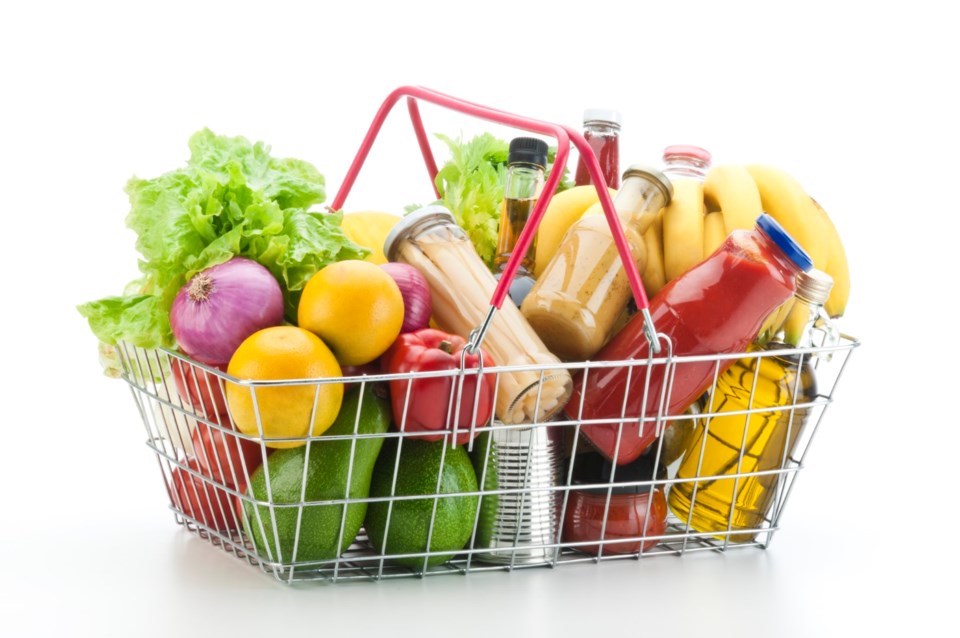The Competition Bureau’s call for increased competition in the Canadian grocery sector is stating the obvious.
Canada is home to numerous oligopolies that dominate various industries. For example, five major players in the grocery sector control nearly 80 percent of the food retail market.
While some oligopolies function more effectively, their success depends on the companies behaving ethically, which is precisely the issue plaguing the grocery sector in Canada.
Loblaw, Empire/Sobeys, and Metro hold the reins as dominant grocers in the market. Although these companies are well-managed, the Competition Bureau’s recent report highlights some of their practices aimed at maintaining market dominance.
One notable aspect of the report is the endorsement of the Grocer Code of Conduct. While the code itself is not directly related to the bureau, it significantly contributes to enhancing competition. By providing a platform to address supply chain disputes, the code serves as a necessary disciplinary measure against grocers who abuse their market power, granting food manufacturers more influence.
Consequently, independent grocers gain access to more products and increased protection. Ultimately, the code offers consumers more choices and potentially more stable retail prices, making it a positive development worth applauding.
Additionally, the report emphasizes the need for all levels of government to participate in making the food market in Canada more competitive. This point cannot be stressed enough. Many consumers are unaware of how territorial grocers can be when expanding into small cities and towns.
They may acquire plots of land to prevent competitors from opening stores nearby, and shopping mall leases may include terms that restrict the operation of other food retail outlets. While seemingly insignificant to city councils and mall managers, these measures can have a considerable impact on market prices.
In contrast to the United States, where the intricacies of mergers, acquisitions and their effects on consumers are closely scrutinized, Canada lacks a similar level of attention to such matters.
The report suggests that Canada should tackle interprovincial barriers to attract external players like Aldi and Lidl, two German-based grocers already operating in the United States.
Entering the U.S. is easier. Greater opportunities, less bureaucracy and a more flexible fiscal regime in the U.S. contribute to this favourable environment.
However, the most significant aspect is America’s clear understanding of competition as a concept, with a commitment to eliminating monopolies and oligopolies. Americans view competition as an essential aspect of the market and are vehemently and philosophically opposed to excessive consolidation.
In Canada, too much competition can become an issue. We have grown accustomed to marketing mechanisms such as supply management, for example, at least until prices become a problem for consumers. At that point, we expect the government to intervene. This conflicting attitude toward competition poses one of the greatest challenges for the Competition Bureau.
Yet when it comes to the grocery sector, the Competition Bureau must take action. The food industry is grappling with a problem of a price-fixing culture, which erodes consumer trust.
These revelations make Canada a less attractive place to invest. Executives at Aldi and Lidl can read the headlines. Instead of granting immunity to executives or waiting for companies to confess, it is time to investigate and pursue legal action against companies that choose to violate the law.
In the U.S., engaging in collusion can result in imprisonment.
It’s that simple.
Sylvain Charlebois is senior director of the Agri-food Analytics Lab and a professor in food distribution and policy at Dalhousie University. This op ed first appeared on the Troy Media website. It has been edited for length.




